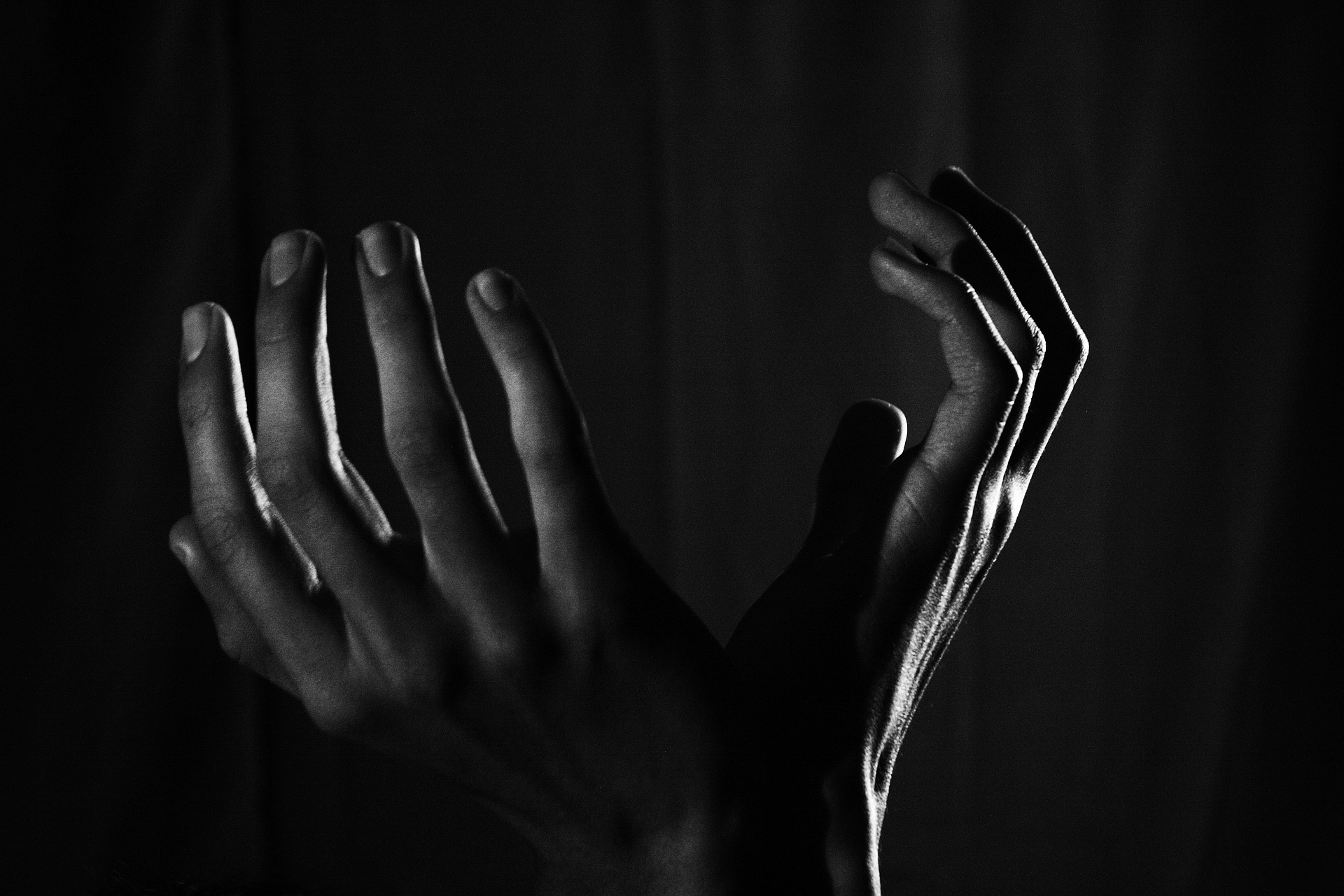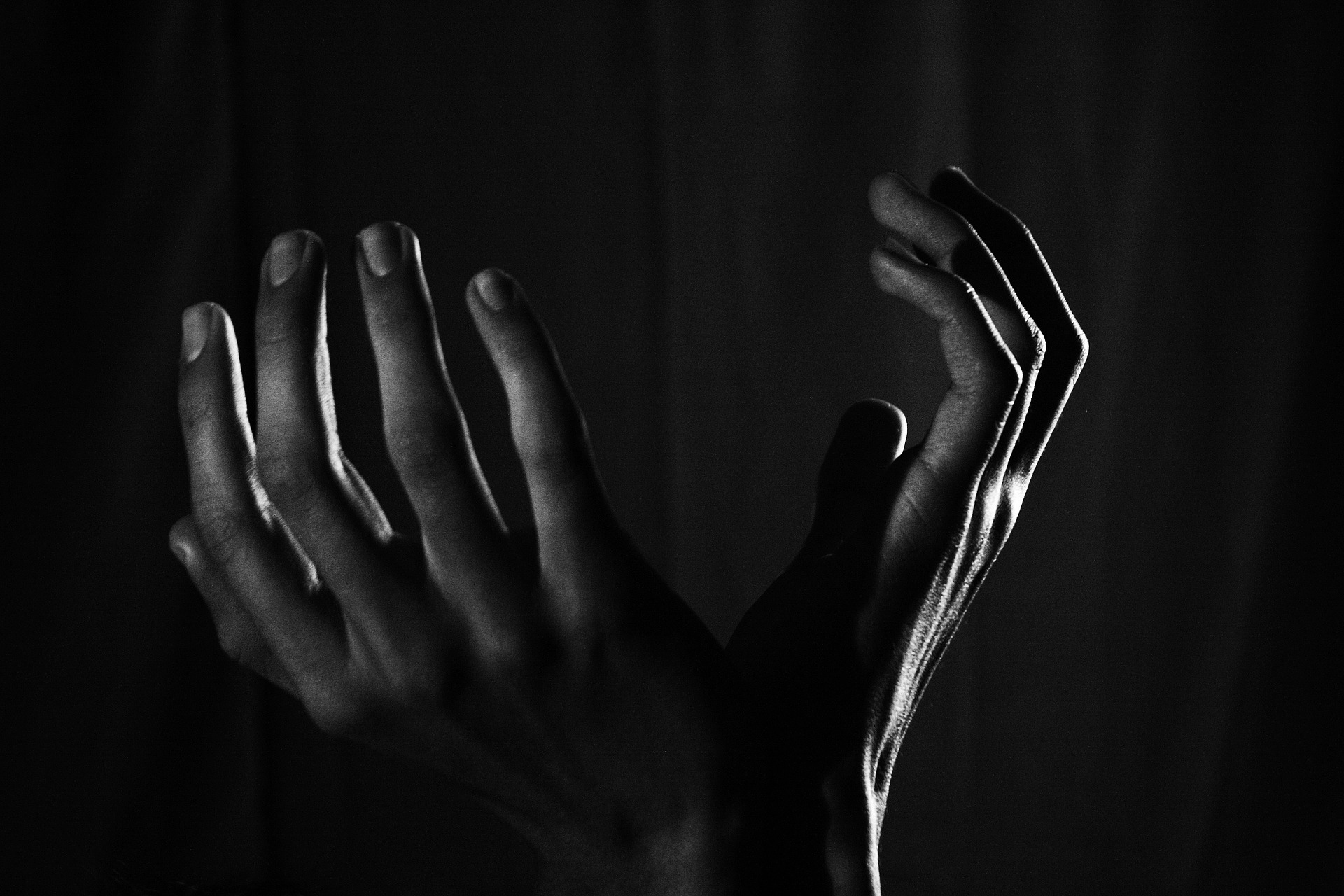This post is part of our series on spiritual direction.
 One of my biggest struggles in the spiritual life is trying to be consistent with intentional periods of prayer. I find great fruit often comes when I sit down with scripture or pray an Examen, but sometimes the rest of my life gets the better of me and I “fail” at making that time. I quickly discovered in spiritual direction that plenty of people struggle with this. And what the struggle turns into for some is a preoccupation about praying in a particular way at a specified frequency. This makes the spiritual life about doing and “achieving”.
One of my biggest struggles in the spiritual life is trying to be consistent with intentional periods of prayer. I find great fruit often comes when I sit down with scripture or pray an Examen, but sometimes the rest of my life gets the better of me and I “fail” at making that time. I quickly discovered in spiritual direction that plenty of people struggle with this. And what the struggle turns into for some is a preoccupation about praying in a particular way at a specified frequency. This makes the spiritual life about doing and “achieving”.
In Taoism there is the concept of Wu wei, which literally means non-doing. Instead of being about laziness or procrastination, Wu wei is oriented toward natural action, effortless effort, if you will. It’s quite a paradoxical notion. Let me give you an example: I’m someone who tends to obsess about my to-do list. I organise and reorganise, prioritise, and re-categorise. What ends up happening is that I spend all my energy and focus on the list itself rather than doing the things on the list. Similarly, when one focuses so much on how to pray and when and what steps, they may not end up praying at all.
What Wu wei calls us to is a kind of Ignatian indifference, where we let go of our agenda and just let ourselves be with God. I’ve had to let go of my own high expectations of prayer and discover how I’m already praying (that is, being mindful of God) throughout my day. I once asked someone how he spent his time on a silent retreat, a place where many come with an agenda and focus on what they are going to “get done.” “I had no plans. I might listen to music or sit there and pray,” he said. “And if thoughts came to mind I’d just ponder them. And if I fell asleep then I fell asleep.” Talk about freedom! He was not obsessing over his plans, but instead allowed God to do the acting.
Spiritual direction, retreats, and other intentional spiritual practices are not about becoming “perfect” pray-ers or “perfect” Christians, but about opening our hands, letting go, and leaving room for God’s Spirit to do the work. For someone like me who likes to be in control, this is very difficult. I find myself saying, I should do this… I should do that… And my focus on doing or achieving bears little fruit. Instead, Wu wei calls me to settle into God’s presence and to just be. One person told me that when he stopped trying so hard to be present to God he found himself more present to God, and even more present to others in his life. He experienced the action-less action of Wu wei.
Making some plans to renew one’s spiritual life is not a bad thing, but one must hold them gently, knowing that God is ultimately the one who is in control and that God’s presence is always there. I always go back to St Ignatius’ words in the Spiritual Exercises that say prayer must be adapted to the person praying. Sometimes one form of prayer must be put to the side; sometimes prayer must be lengthened or shortened. Our relationship with God is not about achieving but about being. God meets us where we are, and we must be gentle on ourselves as we continue to travel on our spiritual journey.
Go deeper? Here are some resources:
- Jeremiah 18:1-6
- Ignatian Quietude – Andy reflects more on Wu wei
- A note on indifference
- Learn more about retreats and finding a spiritual director
Listen to the podcast version of this post…










Very nice, Andy. I’ve come back to this three or four times. It took me a long time to learn that sometimes the best prayer is the prayer that is simply presence. For well over 15 years, I have had a place in my home that is designated for prayer only. Sometimes, I just show up with coffee and allow morning stillness to fill me. Sometimes, I pray in more convenrtional ways. It’s all good.
Thank you for this reflective article:)